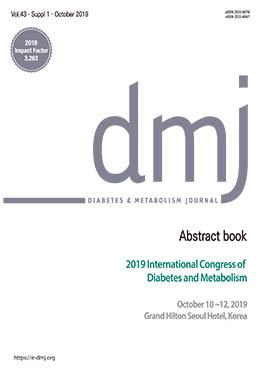Objective: Tetrahydrobiopterin (BH4) shows therapeutic potential as an endogenous target in cardiovascular diseases. Although it is involved in cardiovascular metabolism and mitochondrial biology, its mechanisms of action are unclear.
Methods: We investigated how BH4 regulates cardiovascular metabolism using an unbiased multiple proteomics approach with a sepiapterin reductase knock-out (Spr-/-) mouse as a model of BH4 deficiency.
Results: Spr-/- mice exhibited a shortened life span, cardiac contractile dysfunction, and morphological changes. Multiple proteomics and systems-based data-integrative analyses showed that BH4 deficiency altered cardiac mitochondrial oxidative phosphorylation. Along with decreased transcription of major mitochondrial biogenesis regulatory genes, including Ppargc1a, Ppara, Esrra, and Tfam, Spr-/- mice exhibited lower mitochondrial mass and severe oxidative phosphorylation defects. Exogenous BH4 supplementation, but not nitric oxide supplementation or inhibition, rescued these cardiac and mitochondrial defects. BH4 supplementation also recovered mRNA and protein levels of PGC1α and its target proteins involved in mitochondrial biogenesis (mtTFA and ERR α), antioxidation (Prx3 and SOD2), and fatty acid utilization (CD36 and CPTI-M) in Spr-/- hearts.
Conclusion: These results indicate that BH4-activated transcription of PGC1α regulates cardiac energy metabolism independently of nitric oxide and suggests that BH4 has therapeutic potential for cardiovascular diseases involving mitochondrial dysfunction.




